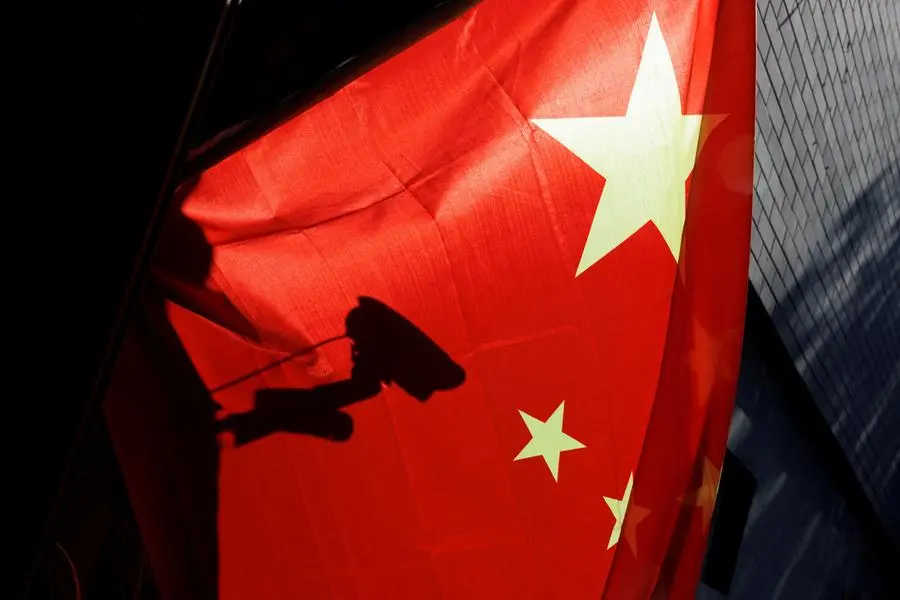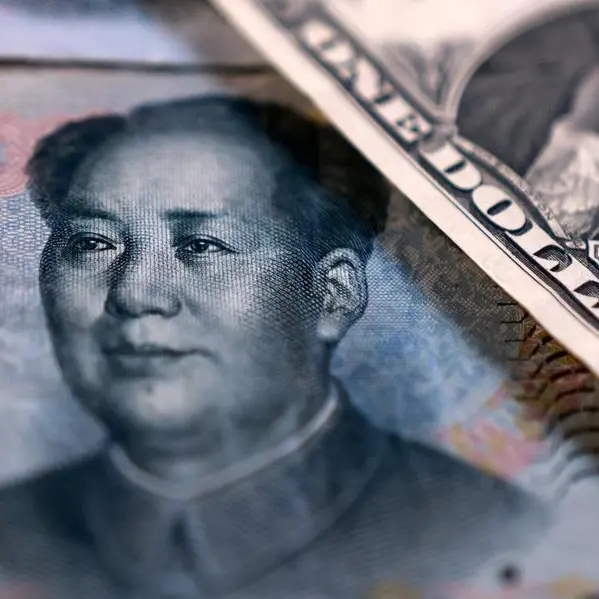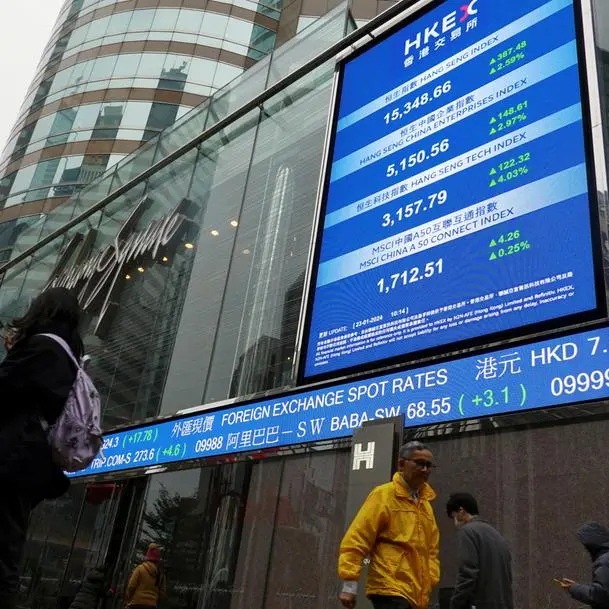PHOTO
China's securities watchdog published rules late on Wednesday to tighten scrutiny of program trading, part of efforts to regulate computer-driven quant funds.
The new provisions, which will be trialled from Oct. 8, apply to both domestic and foreign investors in China's $9 trillion stock market as well as to foreign participants accessing mainland markets via cross-border trading channels.
The rules stipulate the setting up of a reporting system for program trading, heightened oversight and allow for exchanges to set higher fees for high-frequency trading. Draft rules were published last month for consultation.
CONTEXT
The crackdown on quant funds and program trading - where big orders are automatically placed using computer models - comes as China tries to curtail speculation that it sees as responsible for market volatility and hurting retail investors.
China's blue-chip stocks hit five-year lows in February although they since gained roughly 17%.
However, foreign investors, particularly hedge funds, have expressed concerns over the new rules and asked for fair treatment of such strategies.
WHY IT'S IMPORTANT
Alternative Investment Management Association (AIMA), a major global hedge fund lobby group, has said increased fees on high-frequency trading may significantly inflate trading costs for investors. It made the comments in feedback to the China Securities Regulatory Commission during the consultation period.
Global quant funds such as Winton, Two Sigma and D.E. Shaw are active in China. It is unclear if they also provided feedback.
KEY QUOTES
"Assessing traders should hinge on their market conduct and impact, not solely their strategy or labels," said Kher Sheng Lee, Asia-Pacific co-head of AIMA.
"The purpose of the rule is mainly to encourage medium and long-term investment," said Kate Zhang, CEO at Meridian & Saturn Capital. "The industry is still awaiting detailed implementation rules and regulators' definition of high-frequency trading, which may come out in October."
(Reporting by Summer Zhen and Samuel Shen; Additional reporting by Selena Li; Editing by Vidya Ranganathan and Edwina Gibbs)





















